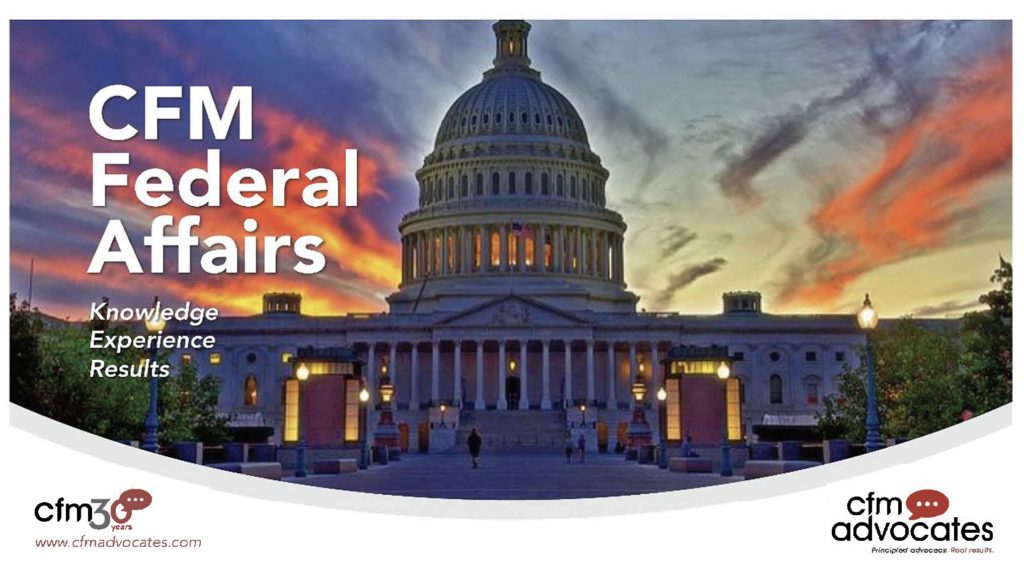
Most Americans know the Supreme Court decides major cases involving constitutional law. They are less familiar with the Court’s “shadow docket” when justices give emergency review to matters and issue rulings with scant briefings and little transparency.
Supreme Court opinions can be lengthy with majority, concurring and dissenting views from the nine justices. Shadow docket rulings are rendered in brief, unsigned statements. The most recent shadow docket ruling allowed the controversial Texas abortion ban, with its bounty enforcement mechanism, to go into effect without any reference to Roe v. Wade.
Historically, the Supreme Court rarely has made emergency rulings in lower-profile cases in which applicants assert they will suffer “irreparable harm” if not immediately granted relief. The term “shadow docket” wasn’t coined until 2015 by University of Chicago law professor William Baude to describe summary decisions made without briefings or oral arguments.
Since 2017, an increasing number of rulings have been made via the shadow docket, some on highly controversial subjects, prompting Democrats to cry foul considering the high court’s relatively recent 6-3 conservative majority. In its four-year term, the Trump administration filed 41 requests for emergency relief and the court granted 28, according to an analysis by University of Texas law professor Steve Vladeck. The previous two administrations, which spanned 16 years, only made a total of eight such requests.

At issue is public respect for the court. A Marquette University poll in September revealed less than 50 percent of Americans approve of the court’s performance, a steep drop from a year ago when 66 percent of respondents expressed approval for how the court was doing its job. Approval declined by Democrats and independents. The Republican approval rating remained positive, but also declined from a year ago.
The Senate Judiciary Committee held a hearing on the shadow docket last month. A House hearing was held in February. Democrats accused the court’s conservative members of abusing their power in shadow docket rulings on issues such as state COVID 19 restrictions, voting rules, President Biden’s eviction moratorium and former President Donald Trump’s policy to hold asylum-seekers in Mexico. Republicans dismissed concerns, blamed Democrats for politicizing the shadow docket and insisted the court remains neutral, despite its conservative majority.
Packing the Supreme Court has been a political debating point for decades. The most recent version of the debate kicked off in 2016 when Senate Majority Leader Mitch McConnell refused to consider the nomination of Merrick Garland to replace the late Justice Antonin Scalia during the last year of President Obama’s second term. Scalia, considered an icon of conservative jurisprudence, was subsequently replaced by Neil Gorsuch, who was nominated by Trump in 2017.
Trump went on to nominate two more Supreme Court justices – Brett Kavanaugh and Amy Coney Barrett. Barrett replaced the late Justice Ruth Bader Ginsburg, an iconic liberal on the court, creating the court’s current 6-3 conservative majority. Liberal groups, concerned the conservative majority would reverse established precedents such as Roe v. Wade, have called for expansion of the court from nine to 13 justices to restore its ideological balance.
The Texas abortion ban ruling via the shadow docket resurrected the debate. “Any decision that looks like it’s essentially and functionally overturning Roe v. Wade without the normal procedures, without having a full briefing, without oral argument, without the normal opinion-writing process, it highlights and brings into stark relief how robust the shadow docket has become,” says Loyola Law School Professor Jessica Levinson.
Both political parties have at times criticized misuse of the shadow docket. However, at the recent Senate hearing, Republicans mostly defended the Texas abortion ban, not the shadow docket. Vladeck testified the issue goes far beyond the Texas legislation and abortion:
“This precedent…won’t end with abortion. And a world in which our constitutional rights are nothing more than the whims of 50 state legislatures is not a federal system. It’s not a system with the rule of law. And frankly it’s not a system that is going to be sustainable in the long term.” A “political emergency” may not be an appropriate justification for an emergency ruling. Vladeck suggested the precedent established by the court’s ruling in the Texas case might encourage a liberal state legislature to pass a law banning assault rifles that is enforced by citizen bounty suits.
Public approval of the court has slipped. A recent Marquette University survey found only 49 percent of its respondents approved of the court’s performance, a sharp drop from a 66 percent approval rating in a similar survey a year ago. The biggest decline was among Democrats (57% to 37%), followed by independents (64% to 51%) and Republicans (80% to 61%).
President Biden established a 36-member commission to consider reforms to restore public trust in the Supreme Court. The commission issued a draft report last week that questioned the wisdom of adding more justices, but supported the idea of judicial term limits, possibly at 18 years on the bench. Not surprisingly, the draft report drew criticism from partisans on both the left and right.
The precedent established by the court’s shadow docket ruling in the Texas case might encourage a liberal state legislature to pass a law banning assault rifles that is enforced by citizen bounty suits.
Justice Stephen Breyer, the longest serving liberal court member who is promoting his new book, told reporters increasing the number of justices may further erode public trust in the court, though he expressed support for judicial term limits. Breyer insists justices talk freely and get along despite ideological and jurisprudential differences. Even so, Breyer joined Justice Elena Kagan’s dissent on the Texas abortion ruling, warning that “shadow docket decision-making…becomes more unreasoned, inconsistent and impossible to defend”.
Appointing Supreme Court justices has become a prominent issue in presidential campaigns. Trump pledged he would appoint conservatives to fill Court vacancies to woo evangelical and pro-life voters. Joe Biden campaigned on restoring balance to the high court, though stopped short of advocating court-packing. The 2024 presidential election can be expected to feature debates over judicial appointments, especially if Trump decides to run again. The shadow docket is likely to be an openly debated issue, too.
The high court went into session October 1 and its term typically runs until mid-summer. Justices have agreed to hear several controversial matters, including on December 1 a Mississippi law that only allows abortions after 15 weeks for medical emergencies or severe fetal abnormality. The Mississippi Gestational Age Act was enacted in 2018 and has been blocked by federal courts for violating the precedent in Roe v. Wade. The Supreme Court hasn’t heard an abortion-related case since 1992 when it confirmed Roe v. Wade in Planned Parenthood v. Casey.




